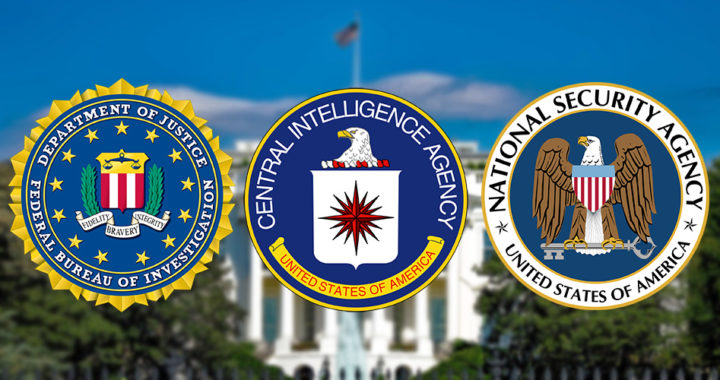The Federal Bureau of Investigation or FBI, the Central Intelligence Agency or CIA, and the National Security Agency or NSA are federal agencies of the United States that carry out intelligence activities and provide related services. They are also part of the U.S. Intelligence Community alongside other intelligence agencies and offices of the U.S. government. Note that these organizations have overlapping functions. However, they also have defined jurisdictions, and thus, the scope of their organizational mission and vision, as well as purpose and responsibilities, remain generally different.
FBI vs. CIA vs. NSA: What is the Difference?
The Federal Bureau of Investigation is principally a federal law enforcement agency of the U.S. federal government primarily responsible for providing domestic intelligence and security service. To be more specific, the FBI is the leading counterterrorism, counterintelligence, and criminal investigative organization of the U.S.
On the other hand, the Central Intelligence Agency and the National Security Agency have no law enforcement authority, unlike the FBI. Both CIA and NSA are primarily intelligence agencies responsible for gathering, processing, and analyzing information related to national security and the preservation of law and order in the U.S.
There are also key differences between the CIA and the NSA. The CIA is primarily a foreign intelligence service agency focusing on human intelligence or HUMINT using desk and field personnel for intelligence gathering. Field operatives work overseas although the agency still pursues limited domestic intelligence collection activities.
Meanwhile, the NSA is also an intelligence service agency that specializes in global monitoring, collection, and processing of information and data for domestic and foreign counterintelligence purposes. It uses signals intelligence or SIGINT that centers on the interception of electronic data and digital communications.
Priority is another difference between the FBI, CIA, and NSA. The FBI prioritizes protecting and defending the country, as well as enforcing criminal laws. The CIA prioritizes counterterrorism and counterintelligence while the NSA has its priorities set toward counterintelligence and the protection of U.S. communications networks.
The three agencies have some similarities and overlapping functions. Remember that they are part of the U.S. Intelligence Community. Although the FBI reports to the Department of Justice, it also reports to the Director of National Intelligence. Both CIA and NSA report primarily to the Director of National Intelligence.
In some scenarios, the FBI conducts intelligence gathering, reconnaissance, and tactical missions overseas. These scenarios require coordination across different government agencies and offices. Depending on the case, the FBI may work closely with the CIA, NSA, or other intelligence organizations to uncover leads in ongoing investigations, share intelligence, or address a specific situation that requires law enforcement response.





